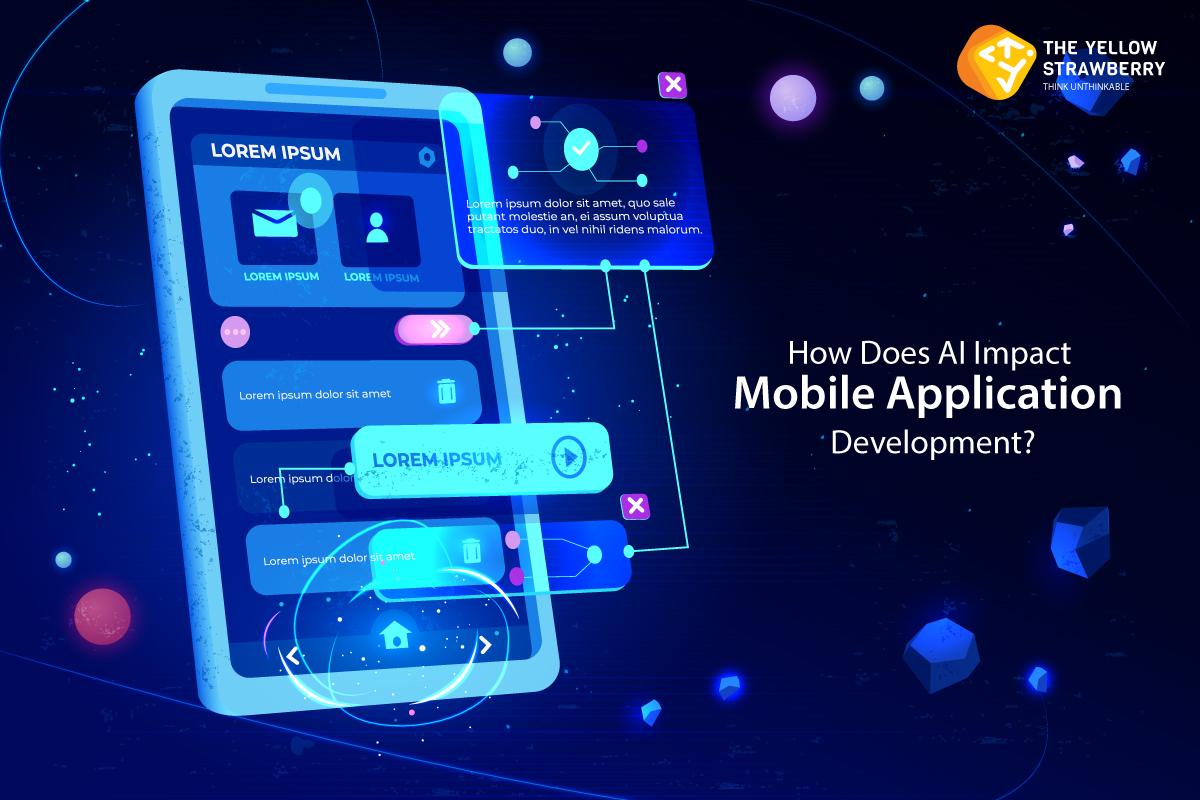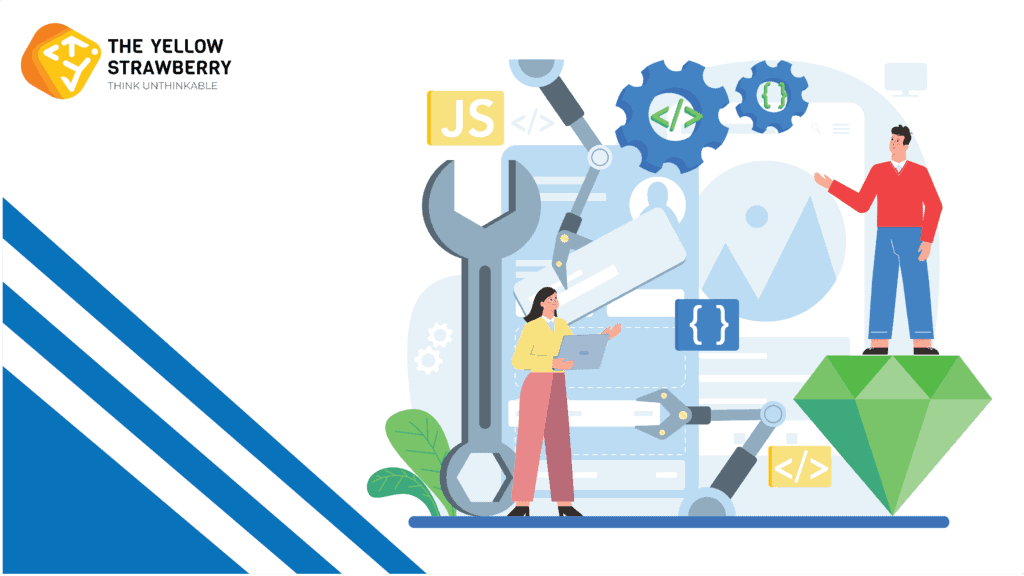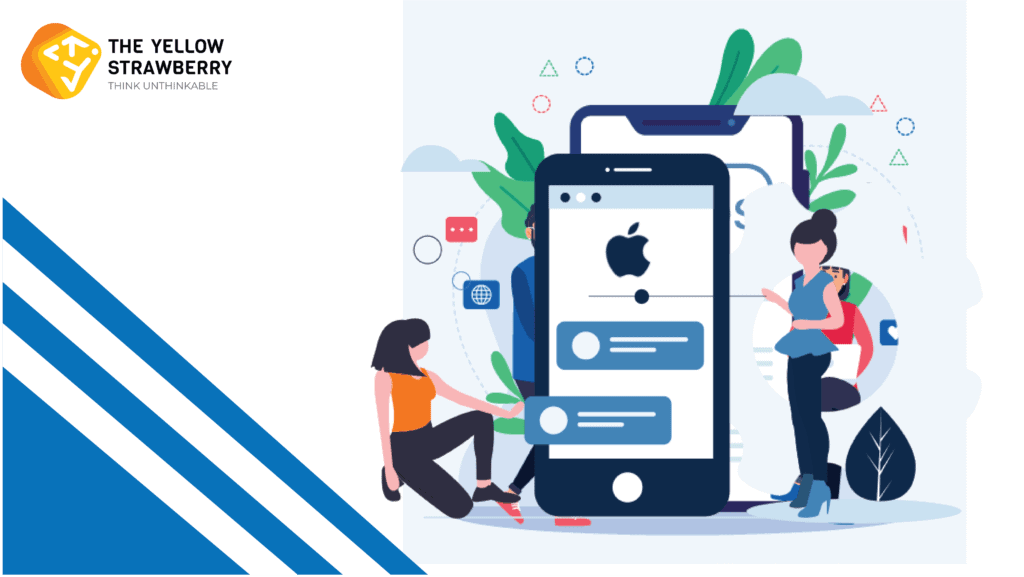Over the past decade, mobile apps and their user experience for them have changed dramatically.
We had very basic apps at the beginning. The smartphone revolution has made everything possible in the past ten years.
Mobile apps can have a profound impact on everything, from your daily routine to your social interactions and your business strategy.
When we think of Artificial Intelligence (AI) the first names that come to mind are likely Siri, Bixby and Cortana.
According to McKinsey Global Institute’s most recent reports, Apple and Google have both invested billions in artificial intelligence. The report states that AI advances brought in $139Billion in investment in 2020. This was three times more than the amount invested in AI in the previous three years.
Millions of people across all industries have been attracted to the idea of an AI “smart assistant” that can solve everyday tasks. AI isn’t just smart assistance. It is also rapidly evolving. AI is being used by many mobile apps to increase user satisfaction.
AI continues to enhance mobile apps through its role as a catalyst. It allows mobile apps to evolve by turning them into intelligent software that can predict user behavior, and make decisions. Mobile apps can also learn from user-generated information using AI algorithms.
Important to remember that AI does not mean self-aware intelligence machines. It is rather a generic term that refers to a wide range of applications used by website developers and mobile app developers.
Contributions of AI to Mobile Application Development
Face Recognition: This feature is very popular on Android smartphones because of its simplicity and security. These systems use AI- and ML-based algorithms that recognize a person’s facial expression to unlock their phones and all the apps they have installed.
In the future, smartphone manufacturers will implement more advanced AI/ML to help identify people as they grow facial features such as glasses or a beard.
Search Engines for Mobile Phones: Voice search and voice commands are perhaps the most popular and widespread advancements in artificial intelligence/machine learning. Customers used to enter their queries into search boxes. Now it is as simple as asking your virtual assistant for help.
Instead of signing in to their computer or unlocking your phone, users can simply say “hey google what is the best restaurant near me?” This will provide them with the quick answer they need and direct them to your business. Voice command is a way to reply to text messages quickly and easily.
Smart Camera Apps: Custom android app developers and manufacturers of android mobile phones are making great strides in AI and machine learning. Advanced cameras are able to detect objects within the frame (e.g. faces, fireworks or food) and adjust the settings to create the best image.
Machine learning and artificial intelligence can now automatically recognize and enhance facial features to create outstanding portraits. Advanced features can count calories from a photo of food, or give information to businesses about the use of their products when photos are posted on social media.
Emotion Recognition: This is an emerging star in AI of android app development. Now, we are able to integrate ML & AI in mobile app development and capture micro- and macro-expressions. The software can now detect subtle variations in voice and body language, vocal inflections, and body language cues through image and voice data processing. These analytics can be used by companies to improve customer experiences, identify the need for a product/service or get new ideas for a new product.
Real-Time Translation: There are many translation apps. However, most of these apps cannot be used without internet access. AI could enable smartphones to transliterate and translate different languages in real-time without the need for an internet connection.
AI can be used to provide language instruction tools that allow sentences and phrases to quickly be translated, much like interpreters do. AI can adjust the latency of the translation tool. The user can also specify the time it takes for a spoken word to be translated. This is especially useful for languages with a longer translation time.
The Advantages of using AI
-
AI helps you to complete monotonous tasks quickly
-
Completeness and accuracy
-
Customer experiences that are better
-
Intelligent interactions with users
-
Retention of users
Personalized User Experiences
Mobile users can now completely rethink the user experience by using AI technology. Mobile app users are demanding more personalized and detailed performance.
Brands like Tommy Hilfiger and Nike can create personalised experiences for their customers by analysing and collecting data about purchases and locations.
Tommy Hilfiger’s chatbot allows users to browse the latest collections and get behind-the-scenes access to fashion shows. Natural language processing is used to give style advice and to recommend products to customers. The chatbot gathers information by asking questions. Based on this information, it suggests outfits.
Smartphones are ideal platforms for AI applications because they have GPS tracking capabilities as well as microphones and cameras. Apple also revealed that the iPhone XR and 11 will come with an A12 Bionic chip, which is a neural engine, to enable AI hardware to be used in previously unimaginable ways.
These built-in features and technology of AI in mobile app development are more personalized and relevant. Each app session will be better if it uses artificial intelligence to contextualise user behavior.
Wind-Up
- AI can store and collect user data by analysing users’ behaviours and interactions with the app.
- AI gathers vital data like location, contacts, daily actions, and other information to better serve users.
- AI products improve the user experience.
Use of Apple Watch
The watch apps depend on the particular specifics of the user. The maker wants a whole new mindset when making an Apple watch. The watch provides multiple features to the user, for instance:
-
Health Tracker
-
Quick access to details
-
Action rings for regular activities
-
Complete iPhone pairing
-
Complexity is low
In terms of the number of displays, types of users, and the use of sensors, small complexity apps are usually low. Mobile applications typically take between 100-300 hours to build with low complexity.








